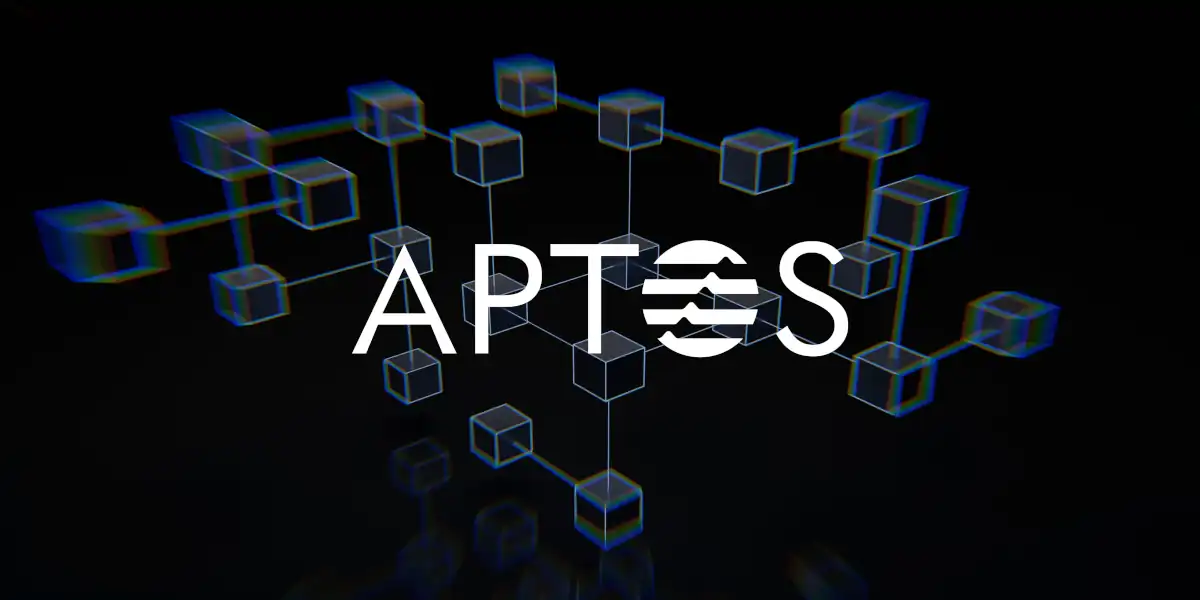At India Blockchain Week, Aptos co-founder Avery Ching highlighted how blockchain technology can help regulate content used for AI training.
According to Avery Ching, co-founder and chief technology officer of Aptos, granting permission for AI models to utilize material for training is a “perfect use case” for blockchain technology.
Ching highlighted how blockchain may improve governance over AI model training during his India Blockchain Week 2024 speech.
He emphasized how blockchain technology might offer transparent consent procedures for deciding whether or not particular content can be utilized to train AI.
How blockchain can enhance the management of AI training data
According to Avery Ching, blockchain and artificial intelligence are the “buzzwords of the day” in many fields. He emphasized that the data used to train AI models interests him despite the craze around large language models (LLMs).

Ching cited the event as an example of how stage content may be utilized to teach artificial intelligence, whether captured on film or in news reports. He clarified:
“There’s going to be a question on whether we want that content to be allowed and whether we want that content to be trained on. So, this is a perfect use case for blockchains because they’re immutable. They provide a center of control.”
According to the co-founder of Aptos, blockchain technology should provide mechanisms for regulating whether or not users grant AI access to their content. “It’s ideal as a natural backend for this type of information,” Ching continued.
Former Meta employee Ching saw the scalability issues with implementing such filters on sites like Facebook, where billions of pieces of information are created daily. It could be expensive and transactionally intensive to add blockchain-based permits for AI training to every piece of data:
“If you’re gonna add controls around each of those pieces of data, there’s gonna be a high transaction throughput, there’s gonna be costs involved.”
According to Ching, despite the difficulties, Aptos is actively working to support this kind of use case within its blockchain network. He believes blockchain is a logical backend for regulating content usage, mainly as AI develops further.



